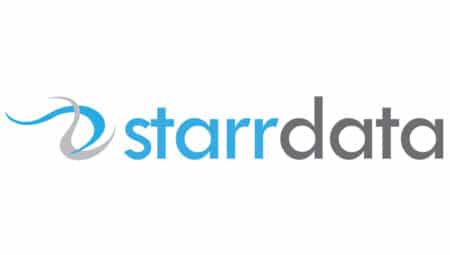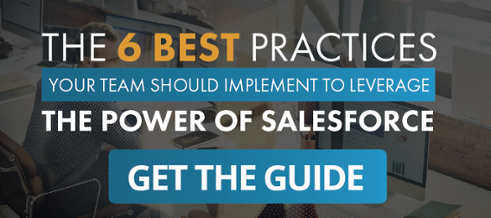The basics: You hope your Salesforce Administrator knows them, but what if they don’t? Poor administration can crush a Salesforce program before it has a chance to succeed.
Your Salesforce Administrator should live and breathe the basics, and that’s no easy task. One study found that just doing the essentials of Salesforce administration took a full 19 weeks of annual work time. So before hiring a new employee – or outsourcing the job – let’s take a closer look at what it takes to be a Salesforce Administrator.
Working in the Cloud
Salesforce is cloud-based, so your Administrator must grasp what that means for your day-to-day work. When something lives in the cloud, your company doesn’t have to provide its storage or power. It’s accessible from everywhere in the world. The Administrator is in charge of helping your staff maintain seamless access to it.
Understanding Databases, Fields, and Relationships
Your Administrator’s ability to understand the basic structure of Salesforce is also an absolute deal-breaker. Salesforce is built like a massive database with fields and tables that feed it information.
An admin has to be able to manage all the data that’s input into the system and the relationships that organize it. Make sure they have a working knowledge of features like workflows and validation rules.
Resetting Passwords and Managing Access
Another crucial task of Salesforce Administration is managing who has access to the system and what kind of access they have. Each user has a password that will periodically need to be changed. People often forget passwords or need help regaining access to the system.
Deactivating old users is an important skill for admins too. It needs to happen right away, for example, when you fire someone. You don’t want a disgruntled employee to wreak havoc in Salesforce.
Reassigning roles happens occasionally as well. The sales director has a much higher level of access than a sales assistant, so the admin will need to manage these roles. What if someone on your staff gets a promotion and needs to be moved to a higher level of access? This should happen quickly and seamlessly.
Protecting Data
Many companies underestimate the Salesforce admin role as a guardian of data. But when you think about it for a moment, they see a huge amount of sensitive information about your company: prices, revenue, promotions, discounts, competitors … the list goes on and on.
So your admin needs to be a trustworthy person who understands and values the importance of protecting data. Key skills in Salesforce data management include:
- Importing and exporting
- Locking and managing access
- Preserving the integrity of data by de-duplicating and tracking down errors
- Finding sources of data pollution, like fields consistently filled out wrong
- Examining user login history table and noticing error patterns
Training New Users
Is your Salesforce admin a good teacher? If not, they’re missing an essential skill. After all, they’re responsible for teaching your staff how to interact with Salesforce and use it to be more productive.
Your admin should maintain a list of basic training notes that they use for onboarding, or at the very least they should know where to direct people for Salesforce’s own onboard training.
Importing Leads, Contacts, and Pricing
After your initial Salesforce CRM setup period, the company will still have constant important and updating needs. Every time you have new leads to add to the system, your admin will need to do it. Whenever prices change, Salesforce will need to reflect the latest prices.
Creating/Analyzing Reports and Dashboards
A thorough understanding of reports and dashboards is an absolute must for admins. You’ll need monthly, weekly, and even daily reports to get the most out Salesforce.
You should be able to expect your admin to do some analysis as part of their essential knowledge. It’s not enough to just generate spreadsheets; you’ll need them to listen to your needs and create solutions that support your sales goals.
For example, let’s say you want to know whether your sales reps are seizing all the sales opportunities in their territories. Your admin could provide a helpful solution by creating a Custom report by Sales Rep that shows Accounts With or Without Opportunities. Now you can see how thoroughly each rep is covering their territory, and even rank them by territory penetration.
Troubleshooting and Staying Up to Date
Mistakes happen. Glitches occur. Your admin needs to be able to troubleshoot issues and respond with helpful solutions. And they should be able to do this in a cheerful and upbeat way. If your sales reps think Salesforce is an error-ridden program, they won’t want to use it.
That’s why another essential skill of your Salesforce administrator is excellent problem-solving skills. They should be able to explain solutions, foster teamwork, and keep the focus on productivity. Happy users are productive users.
This also means they’ll need to stay on top of Salesforce updates. There are several big rollouts each year, along with ongoing fixes and patches to keep things working smoothly.
So, does your admin have what it takes? When you partner with StarrData, you know the answer is an absolute 100% YES, because we’re 5-star certified Salesforce partners since 2009 and we want to help you run your business more efficiently and profitably!



